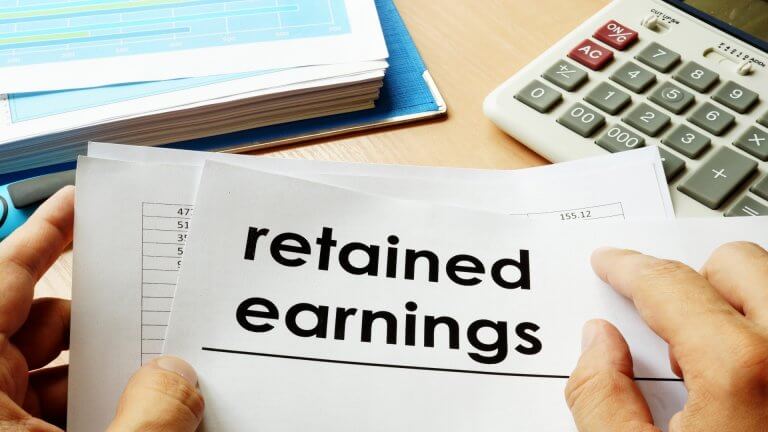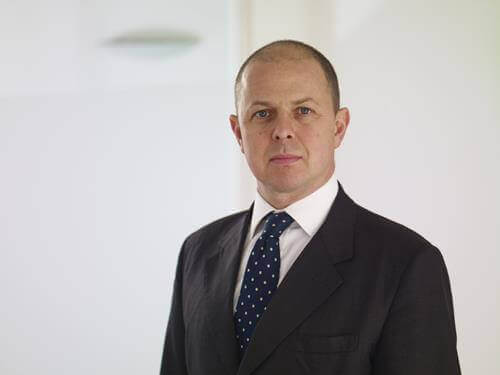In the survey carried out by deVere Group, one of the world’s largest independent financial advisory organisations, the number one cited mistake (27 per cent) was a failure to properly diversify portfolios.
The other errors were not having started to invest earlier (23 per cent); focusing on the short-term (20 per cent); being emotional over investments (15 per cent); and not having kept enough cash in reserve (8 per cent). 7 per cent did not know or did not respond.
A sample of 652 deVere clients in the UK, Asia, Africa, the Middle East and the U.S. who have investable assets of more than £1m (or the equivalent) were polled.
deVere Group CEO and founder, Nigel Green comments:
“All serious investors, including myself, have made previous investment mistakes that could have been easily avoided.
“It is almost universally recognised that seeking professional independent financial advice allows you to avoid most of the common mistakes that have been flagged up by high net worth investors in this poll.
“All this could make it sound like investing is somewhat perilous. Yet nothing could be further from the truth – not investing is probably more dangerous over the longer-term. This is evidenced by the fact that most of the world’s wealthiest people are themselves dedicated investors. It is just a question of being sensible, taking proper advice and, where possible, learning lessons from others to avoid the obvious mistakes. This is why we conducted this poll.”
Of the poll’s results, he says:
“Ensuring your portfolio is properly diversified is one of the fundamentals of successful investing. Yet it is surprising how many people fail to do this. Having a well-diversified portfolio across asset classes, sectors and regions means you are best-placed to mitigate risks and best-placed to take advantage of important opportunities.
“All too often even experienced investors focus on the short term heavily and there are many disadvantages to this. Typically, a short-term investment strategy involves considerably higher risks, compared to investing over a longer period. Other pitfalls of a short horizon include that investors can often sell a quality investment too early due to over focusing on short-term valuation metrics. Alternatively, they may sell an investment if it drops in the short term, meaning that they would then miss out on it potentially growing steadily in the longer term with increasing returns.”
He continues:
“Stock market performance is fairly predictable over the longer-term – they usually go up. For this reason, investing in equities is recognised globally as one of the optimum ways to accumulate wealth over long periods. If you put off investing you are likely to miss out on the long-term benefits you could have been gaining.
“Making decisions based on heartfelt emotions and loyalty are admirable traits in most parts of life – but not when it comes to investing. Investment decisions based on pure emotions, such as fear, greed, or the desire to follow the crowd, amongst others, can be disastrous. Objectivity is key.
“Finally, not having kept some powder dry is another common error highlighted by many investors. It is always advisable to have some cash at the ready and be prepared to use it should a clear trend and/or opportunity present it itself.”
























